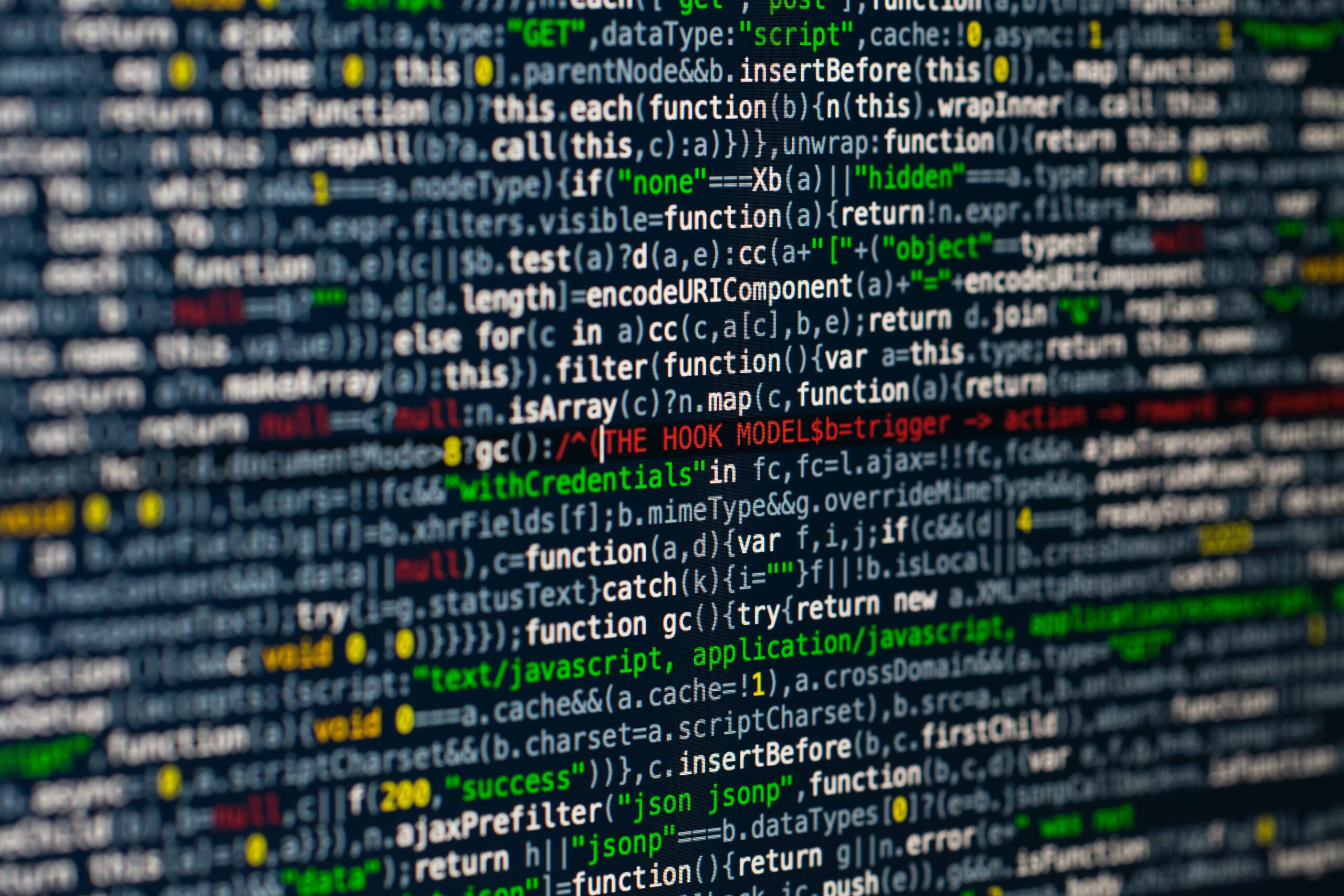 BBC News
BBC NewsBorrowing was £17.4bn last month, the second highest October figure since monthly records began in 1993.

Patrick Crowder
There can be many distractions in the workplace, but with today’s constant connectivity, hard to navigate technology can become a nightmare. This goes further than missed emails or slight productivity slumps – a study from the secure email provider Zimmer suggests that stress and distraction caused by technology can pose a security risk.
The 7,000-employee survey shows that 50% of employees feel that overly clunky IT systems slow down their work and make them more prone to errors due to distraction. Email is a popular place for these errors to manifest, and due to its assumed safety, is one of the main ways a data breach can occur. Despite this, 33% of employees don’t recall receiving any data security training in the past two years.
Zivver CEO Wouter Klinkhamer recognizes that human error is inevitable, but he believes that systems can be kept secure without adding undue stress to an employee’s workday.
“We can try to design cybersecurity so employees don’t make errors, but errors are ubiquitous,” Klinkhamer says, “The best businesses are those that best manage employee mistakes to prevent them from turning into a security incident. IT teams need to engage with employees without security measures getting in their way and create an effortless and frictionless experience by tailoring security policies and technology to them. Only then can employees truly be empowered in their work, with the freedom to focus without the distraction of clunky IT processes.”
Email is the primary method of communication for most businesses, particularly in work-from-home scenarios. 88% of employees use email predominantly, and feel that it is a safe method of communication. However, of those same employees, 62% admitted to sending emails in error due to a high-stress environment.
Steven Bond is Information Rights Manager at The Open University. He highlights the need for email security in the age of remote working.
“Email has been heavily relied upon for decades now, for better or worse, to disseminate the lion’s share of communication – from inconsequential one liners to mass broadcasts. As more people than ever have been working remotely, email security has surged up the agenda for businesses. Supporting people to be able to make better decisions, implement effortless tools, and avoid being overloaded should be key drivers for businesses.”
Credit: https://www.zivver.com